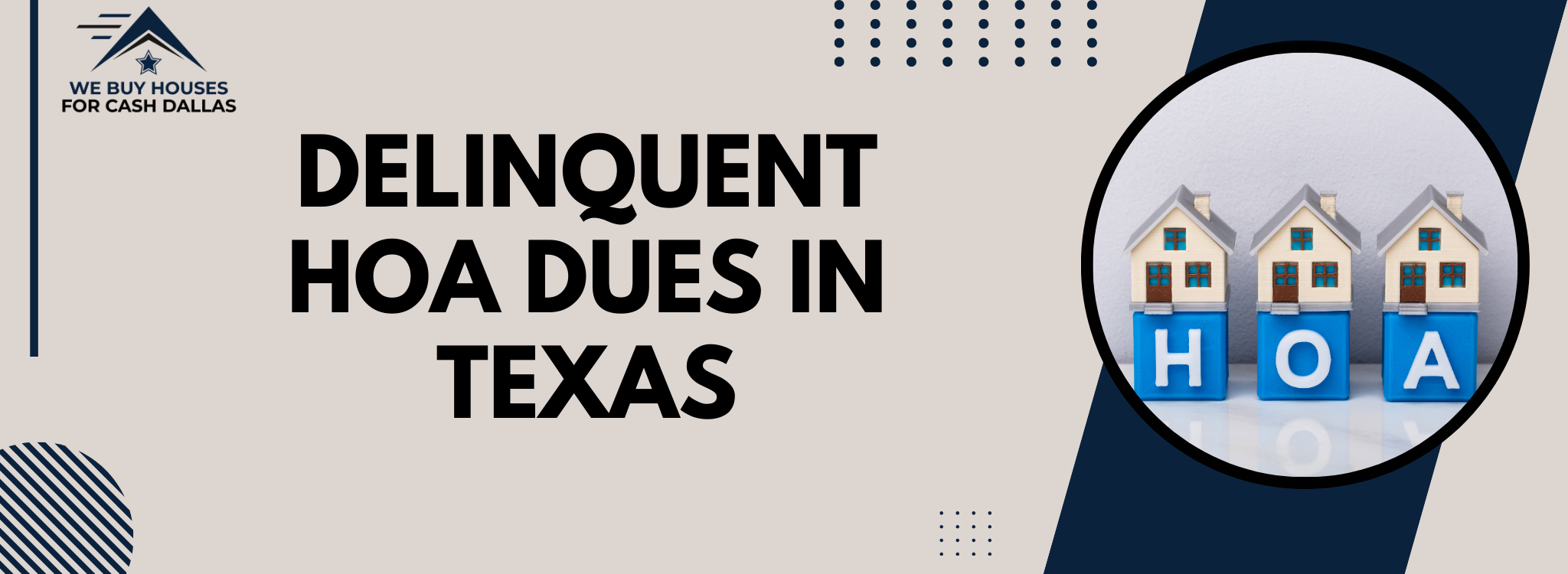
The History Behind The Implementation Of Assessments In Society
Assessments have historically been used to support public services and maintain shared spaces. Assessments have existed in Texas since the 1800s, when communities began levying taxes on property owners to build and maintain roads, bridges, and other public amenities.
This practice eventually led to homeowners’ associations (HOAs) levying dues to cover the costs of maintaining common spaces and enforcing community rules. As Texas’ real estate market expanded, so did the predominance of HOAs and the necessity that residents pay dues.
However, this increased unpaid HOA dues, resulting in legal disputes between HOAs and homeowners. To negotiate their obligations and rights regarding unpaid HOA dues in Texas, homeowners and real estate investors must first grasp the history of these assessments.
The Evolution Of Assessments And Its Influence On Economic Systems

Regarding delinquent HOA dues in Texas, it is critical to understand the evolution of assessments and how they have influenced economic systems. Initially, assessments were used largely to maintain and upkeep neighborhood common areas.
As towns expanded and facilities were provided, these fees became increasingly important in supporting the local economy. With the rise of real estate investing, these assessments have become an important consideration for prospective buyers and investors.
Failure to pay HOA dues can have profound implications, including property liens and foreclosure. As a result, homeowners and real estate investors must be well-informed on the impact of overdue HOA dues on the Texas economic landscape.
A Comprehensive Guide To Assessments: Definition, Types, And Functions
Understanding overdue HOA dues is crucial for Texas homeowners and investors. These dues are contributions made by a homeowners association to cover expenses associated with the maintenance and upkeep of shared facilities and amenities in a residential community.
The term “asses” refers to the amount of money each homeowner owes for their portion of these expenses. There are two types of assessments: routine and exceptional.
Regular assessments are usually paid monthly or quarterly, while exceptional assessments are one-time payments for unanticipated expenses. These assessments serve several purposes, including supporting necessary services such as landscaping, security, and repairs and creating reserves for future projects.
To prevent potential legal implications, homeowners and investors must stay current on their HOA’s assessment regulations and ensure timely payments.
Breaking Down The Different Types Of Assessments And Their Significance

Understanding the various forms of assessments and their relevance is crucial when dealing with unpaid HOA dues in Texas. Assessments are fees the homeowners’ association levied to fund common expenses, including maintenance, repairs, and insurance.
There are two kinds of assessments: ordinary and extraordinary. Regular assessments are collected monthly or quarterly to pay ongoing expenses, whereas exceptional assessments are one-time levies for unexpected or major expenses.
The relevance of these evaluations stems from their impact on the financial health of both homeowners and real estate investors. Delinquent payments can result in penalties, interest charges, and even legal action, so all parties involved must stay on top of their payments.
Understanding Texas Laws Regarding Delinquent HOA Dues
In Texas, homeowners and real estate investors should be aware of the regulations involving overdue HOA dues. Failure to pay homeowners association dues can lead to serious consequences.
Texas law allows HOAs to collect unpaid dues through several means, such as late fees, interest, and property liens. It is critical that homeowners and real estate investors understand these policies to prevent legal problems and retain good standing with their HOA.
Failure to comply with these requirements may result in significant penalties and property foreclosure. Maintaining a harmonious relationship within the community requires all parties involved to be aware of Texas rules regarding unpaid HOA dues.
Analyzing The Impact Of Delinquent HOA Dues In Texas
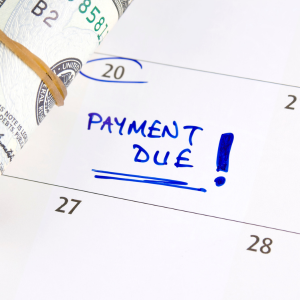
Delinquent HOA dues in Texas can significantly damage homeowners and real estate investors. When homeowners do not pay their dues, the association (HOA) suffers financially and cannot maintain common facilities and amenities.
Investing in a property with outstanding HOA dues can result in higher expenses and trouble finding tenants. Delinquent HOA dues impact more than individual houses; they can also affect property values in the area and the community’s overall reputation.
As a result, understanding the implications of unpaid HOA dues is critical for Texas homeowners and real estate investors alike.
Navigating Through The Complexities Of HOA Dues Collections In Texas
HOA dues collection in Texas can be difficult and perplexing for homeowners and real estate speculators. Understanding the laws and regulations governing unpaid HOA dues is critical to avoiding potential legal consequences.
In Texas, HOAs can collect dues from homeowners to cover common area maintenance and other expenses. If dues are not paid on time, the HOA may place a lien on the property or pursue legal action.
To minimize problems or complexities, homeowners and real estate investors must understand their rights and duties regarding HOA dues. Individuals familiar with the guidelines and methods for collecting delinquent dues can confidently handle this difficult area of HOAs.
Exposing Common Misconceptions About Assessments And Their Purpose
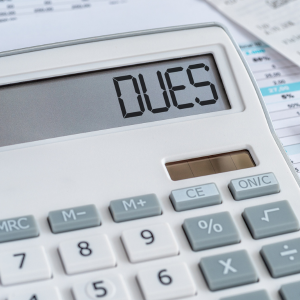
There are numerous misconceptions about assessments and their role in unpaid HOA dues in Texas. Misconception: Assessments are only used by HOAs to generate revenue.
However, this is not correct. Assessments are required to maintain common areas and amenities in the neighborhood.
Another myth is that homeowners can avoid paying assessments if they do not use specific amenities. In truth, regardless of how they use the amenities, all homeowners must pay their due share of assessments.
It is also worth noting that HOA board members do not use assessments for personal needs or financial gain. They are solely dedicated to maintaining the community and its services for the benefit of all residents.
By dispelling these myths, homeowners and real estate investors will better understand the significance and purpose of assessments concerning unpaid HOA dues in Texas.
The Importance Of Understanding The HOA In Modern Society
Understanding unpaid HOA dues in Texas is critical for both homeowners and real estate speculators today. HOA dues are payments made by homeowners to maintain community areas and services.
These dues are crucial because they ensure that the area is well-maintained, which can help to protect property values. Real estate investors must know the status of HOA dues before purchasing a home since they may be held liable for any outstanding amounts.
Furthermore, residents must understand how to address outstanding HOA dues, as failing to pay these costs might result in legal action and possible foreclosure on their property. Understanding HOA dues is vital for navigating modern society and protecting your investment.
Exploring The Legal Consequences Of Unpaid HOA Dues In Texas
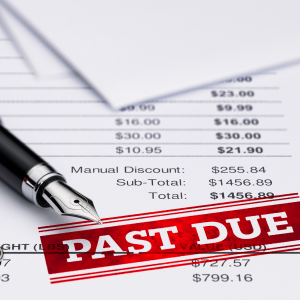
One of the most common issues for Texas homeowners and real estate investors is overdue HOA dues. Failure to pay these dues might have profound legal implications for all parties concerned.
Texas state rules allow HOAs to lay a lien on a property if the owner fails to pay dues. This means the HOA has a legal claim to the property and might potentially foreclose on it.
In addition, failure to pay HOA dues can result in fines, interest charges, and even suspension of certain community privileges. Homeowners and investors must understand these potential repercussions to prevent legal problems with unpaid HOA dues in Texas.
How To Handle Delinquent HOA Dues: Tips And Strategies For Homeowners
Delinquent HOA dues can be frustrating and overwhelming for homeowners. However, understanding Texas’s laws and regulations governing these overdue fees is critical for homeowners and real estate investors.
One way to deal with delinquent HOA dues is to communicate honestly and regularly with your HOA board to avoid misunderstandings or missing payments. Setting up automatic payments or budgeting for HOA fees will also help ensure timely payments.
Understand your rights as a homeowner and seek legal assistance if necessary. For real estate investors, thoroughly analyzing the HOA’s financial condition before purchasing a property might help avoid future concerns with delinquent dues.
Following this advice and techniques will help homeowners and investors deal with unpaid HOA dues in Texas.
Tips For Avoiding Delinquent HOA Dues And Maintaining Good Standing
In order to avoid falling behind on payments and maintain good standing with their HOA, householders and real estate investors should consider the following tips when it comes to understanding delinquent HOA dues in Texas. Before purchasing a property, it is essential to meticulously examine the terms and conditions outlined in the HOA agreement.
This will guarantee that all essential fees and dues are included and can be planned accordingly. Furthermore, implementing automatic payments or reminders can mitigate the risk of overlooking deadlines.
It is also crucial to communicate with the HOA board in the event of financial difficulties, as they may be able to provide solutions, such as payment arrangements. By remaining proactive and informed about any changes or updates in HOA policies, it is also possible to prevent any potential issues with delinquent dues.
Adhering to these guidelines and maintaining a positive relationship with their HOA can help homeowners and real estate investors prevent complications associated with delinquent dues in Texas.
Exploring The Benefits And Drawbacks Of Living In A HOA Community
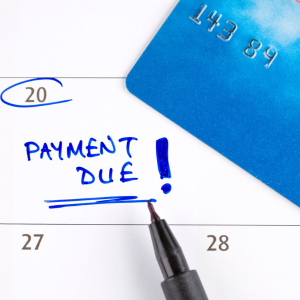
Living in a homeowners association (HOA) can have benefits and drawbacks. One could argue that being part of an HOA entitles one to use association-owned parks, gyms, and pools.
HOAs also usually enforce policies to preserve the neighborhood’s look and value. Living in an HOA community has disadvantages, however.
For some, paying monthly dues to cover these conveniences and services might be a financial load. Moreover, homeowners must have HOAs with rigorous rules barring certain activities or house changes, restricting personal freedom.
Texas homeowners and real estate investors should consider these issues carefully before buying a property in an HOA community.
What Happens If You Don’t Pay Your HOA Dues In Texas?
Paying dues is an essential responsibility for homeowners associations (HOAs) in Texas. Failure to pay your HOA dues can have major ramifications for homeowners and investors.
If dues are not paid, HOAs in Texas have the legal authority to lay liens on homes and even commence foreclosure procedures. This could result in the loss of your home or investment property.
Unpaid HOA dues can also result in interest and late fines, making it even more difficult to catch up on payments. It is critical for homeowners and real estate investors to understand their responsibilities for paying HOA dues in Texas and the potential ramifications of failing to do so.
What Is The Statute Of Limitations On HOA Dues In Texas?

Homeowners and real estate speculators should be aware of the statute of limitations regarding outstanding HOA dues in Texas. Texas law limits HOAs’ time to sue for delinquent dues, usually between two and four years, depending on the type of legal action pursued.
People should be aware of this period and act before it runs out since non-payment could lead to major repercussions, including liens on the home or perhaps foreclosure. Homeowners should also be advised that partial payments or written debt acknowledgment could restart the statute of limitations.
Thus, each party must be clear about the time limits to prevent any possible legal conflicts.
What Is The New Law In Texas For HOA 2024?
Texas enacted a new law governing overdue HOA dues in 2024 to provide clarity and advice to homeowners and real estate investors. This law requires HOAs to send warnings to homeowners who are behind on their dues, giving them a certain time frame to pay before further action is taken.
Furthermore, the legislation specifies the measures that HOAs must take to foreclose on a property owing to nonpayment of fees. This new rule opens up and protects both parties involved in HOA dues disputes, emphasizing the importance of timely payment in sustaining community standards and property values.
It is critical that homeowners and real estate investors comprehend this new legislation to prevent legal complications or financial penalties.
What Is The Maximum Late Fee For HOA In Texas?
When it comes to unpaid HOA dues in Texas, one of the most urgent questions for homeowners and real estate investors is the maximum late fee. Texas has no defined limit on how much a HOA can charge for late fees.
However, according to state legislation, the late fee must be reasonable and not more than 10% of the delinquent assessment. This means that, while no cash figure is specified, HOAs must consider the size of the delinquent payment when calculating the late fee.
Furthermore, homeowners and real estate investors should know their rights when appealing exorbitant or unwarranted late fees levied by a Texas HOA. Individuals who are aware of these restrictions and take proactive actions to rectify outstanding dues can avoid hefty fees and protect their property investment.
Read on to learn how to sell a house in Texas. The tips and guidelines are applicable statewide, including cities like Dallas, El Paso, Houston, Austin, San Antonio, Fort Worth, and nearby regions. For personalized assistance, Contact Us at (469) 765-3669.
Additional Resources For Texas Sellers
| [ | |||||
| “ | ’ | “ | , | ||
| “ | & | “ | |||
| , | |||||
| “ | ] | “ | ] |


